London England Cooking
$14.95
London Cooking with Betty evans is a collection of the traditional, tasty and favorite recipes of London’s pubs, restaurants, and homes.
Information and suggestions for visiting London, along with London sketches by Gordon Evans, make this book very useful not only as a cookbook but as a travel guide.

When Betty Evans told me she was doing a London cookbook I must confess I had certain misgivings. True, one can eat very well in London—and in many other cities in Britain-but the food is likely to be foreign. It is no secret that continental Europeans tend to regard what goes on in English kitchens as barbarous. De Gaulle, at a press conference in 1967 when England was trying, unsuccessfully, to join the European Common Market, used a play on words when he remarked tht one of the obstacles to England's entry was the manner in which the English supplied themselves, the French verb "to supply" also meaning "to feed”. What right-thinking Frenchman could possibly contemplate admitting to the EEC people who boiled their cabbages to death and ate baked beans on toast?
That England does not have a "cuisine" is no doubt a result of the fact that the English eat whatever is put before them. Unlike the French, who have turned complaining into an art, the English have traditionally gone to enormous lengths to avoid a fuss. In the days before package holidays and soccer holliganism, it was the dream of every continental hotelier and restaurateur to fill his establishment with English guests. This is not to say the English do not appreciate good food: far from it. What baffles the continental mind is that so many English people who obviously enjoy a good meal abroad, so cheerfully tolerate the opposite at home. My housemaster at school, who was certainly not insensible to the subtleties of French cuisine, returned from holidays in the Loire to whatever mess the house cook served up, without a murmur.
Are the English ill-equipped by nature to produce anything worth eating? Hardly. In Elizabethan times even foreigners had complimentary things to say about the hearty food of the English taverns. That the tradition for robust, but well-cooked, English food failed to carry over into the hotels and boarding houses of a later age can no doubt be blamed-along with Pre-Raphaelite painting and the Albert Hall-on the Victorians. Fortunately, where this tradition has survived—often splendidly-is in the English home and pub. It is this food tht Betty Evans so ably presents here.
- Christopher Swann
I have been excited and enthusiastic about London cooking since my first visit to that city twenty years ago. Friends teased and hinted that I might find the food dull and uninspired. Instead I found creative, beautifully prepared food, made with high quality ingredients and from British friends and cooks.
The monotonous reputation of British cooking most likely originated because American servicemen in England during wars were served boiled cabbage. In retrospect it must be remembered that the nation was starving. It is a credit to their indomitable spirit of survival that they could exist on cabbage and, as one friend recalled, a tin of beans on toast for supper.
The British were far more sophisticated and experienced from the middle ages on in their cookery. Kings would have cooks killed for serving bad food in taverns. Bakers were taken to court for selling undersized bread. A seller of bad meat would have it burnt under his used silly sauces to cover mediocre quality food. In the 17th century England produced more cookbooks then any other nation.
The mingling of British cooking myth, history and legends have always intrigued me. Perhaps I have a prejudice of liking British things. My favorite childhood books included Robin Hood, The Adventures of Sherlock Holmes and The Secret Garden. I could imagine myself having a feast in Sherwood forest, helping Mrs. Hudson with tea, or eating an apple in the hidden secret garden. My baptized name is Elizabeth, so it was easy to pretend that I was Princess Elizabeth playing with her doll house at Windsor castle.
There is a return in London today to the familiar, traditional and nostalgic British home cooking. Cooking scholars are researching ancient recipes from old treasured books and translating them into recipes for modern times. The resturants in London are flourishing, the food markets are filled with beautiful things, pubs are crowded and lively. It is an exciting time. I look forward to returning again to London, sipping a half pint of bitters with a steak and kidney pie in one of my favorite pubs.
Betty Evans
Hermosa Beach
California 1989
WHETS (Appetizers)
Potted shrimp, Potted cheese, Angels on horseback, Devils on horseback, Walnut cream stuffed celery, Cheese straws, Saucy shrimp cocktail, Celery and Stilton spread
SOUPS
Mulligatawny, Cock-a-Leekie, Watercress soup, Cauliflower cream soup, Scotch broth
FISH
Billingsgate market deviled crab, Empire days salmon kedgeree, Shrimp with a Dublin beer batter, East end fish and chips, Blackfriars shrimp pudding, Highlands baked salmon with cucumber sauce
MEAT AND POULTRY
Dr. Johnson's steak and kidney pie, London classic roast prime rib beef with Yorkshire pudding, Smithfield shepherds pie, Roast leg of lamb with mint sauce, Kent pork and apple pie, 32 Cornish pasties, London mixed grill, Soho oxtail stew, Guinness beef stew, Holiday goose with Hereford apple stuffing, Queen's jubilee chicken pie, Cornish game hens with Cumberland sauce, Bankside chicken curry
VEGETABLES
Covent Garden minted peas and carrots, Cauliflower cheese, Bubble and squeak, Barley and mushroom bake, Jacket potatoes
SALADS
Boodles club dressing with salad greens, Maytime Victorian chicken salad, Cucumber salad with watercress dressing, West end orange and onion salad
DESSERTS
Party trifle, Summer pudding, Jill's bread and butter pudding, Queen of puddings, Syllabub, Gingered apples, Boodle's club orange fool, Peach melba, Apple crisp
TEA TIME
Tea preparation, Legendary seed cake, Lemony lemon curd, Special tea scones, Queen Victoria currant cakes, Scotch shortbread, Henry VIII maids of honor, Wilshire cucumber sandwiches, Gingerbread
COZY MISCELLANEOUS TASTY THINGS
Poor knights of Windsor, Toad in the hole, Welsh rabbit, Buck rabbit, Macaroni cheese, Scotch eggs, Scotch woodcock
Londoners have always had a love of small game birds, roasted and served with various sauces. Cumberland sauce is one of the favorites. It was named after the third son of King George III, who was titled Duke of Cumberland. The sauce has a unique piquant flavor that is addictive and enticing. It is excellent with game or poultry and also quite nice with lamb.
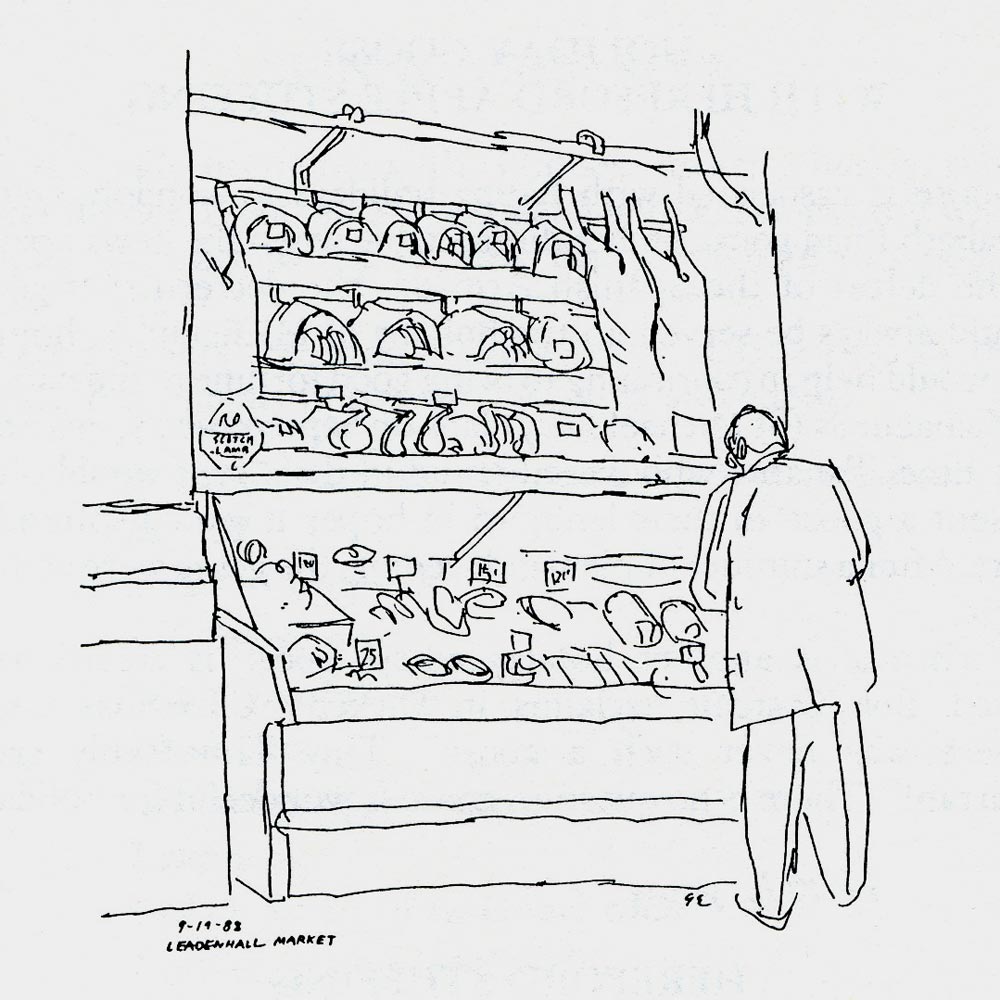 Cornish game hens are a cross-breed between Cornish game fowl and Plymouth Rock chickens. You will not need a hunting party for they are grown commercially and are available in most supermarkets.
Cornish game hens are a cross-breed between Cornish game fowl and Plymouth Rock chickens. You will not need a hunting party for they are grown commercially and are available in most supermarkets.
2 Cornish game hens
1 T. soft butter or oil
salt and pepper
1 whole unpeeled orange quartered
Rinse out the interiors of the hens and remove any giblet packages (these can be used for soups). Pat dry inside and outside of hen. Place 2 quarters of the orange inside each hen. Tie the legs together. Dab butter on the breast of the hen. Sprinkle with salt and pepper. Roast on a rack, breast side up, in a 375° oven for one hour.
The Cumberland sauce may be made ahead. This is recommended as the flavors will be improved.
CUMBERLAND SAUCE
1 tsp. dry mustard
1 T. brown sugar
1/2 tsp. powdered ginger
4-8 tsp. cayenne
1/4 tsp. salt
11/2 cups port juice and julienne (or grated) rind from one orange
1/2 cup currant jelly
2 tsp. cornstarch
2 T. cool water
In a sauce pan combine all the ingredients except the cornstarch, water and jelly. Julienne strips should be about 1/2"long by 18" wide. Cook the sauce over a low flame, stirring now and then, for 10 minutes. Combine the cornstarch with the water to make a smooth mixture. Carefully stir into the sauce. Add the jelly and simmer an additional 5 minutes stirring a few times. Cool and refrigerate until needed. Simply warm over a low flame when you are ready for the sauce. This will make about 2 cups.
To serve the hens, remove the string from the legs and place the hen on a serving plate. Serve the sauce separately in a gravy boat so that each person can dribble sauce over his own hen.
This will serve 2.
There are several legends about this delicious soup. One is that it offers restorative powers to tired men after a long day of hunting with hounds. Another is that after a cockfight the "loser" was put in the soup with some leeks. Perhaps the most sensible is that housewives found this soup was handy for using up tough old roosters.
1 whole chicken (3 lbs. approximately)
4 leeks (about 1 lb.)
1 medium onion chopped
1 carrot thinly sliced
salt and pepper to taste
10 pitted prunes (optional)
Remove the liver and giblets from the chickena dn discard. Place the chicken in a soup pot and cover with 2-1/2 quarts of wter. Trim the roots from the leeks and wash well. Slice crossways in 1-inch pieces. Add the leeks to the soup pot, along with the onion, carrot, salt and pepper. Covder and simmer until the chicken is tender (about an hour). Remove chicken and when cool enough to handle remove the best pieces. Cut into slivers and return to the soup. Remove any undesired fat from the top of the soup.
Sometimes prunes are added to this soup the last 30 minutes of cooking. This will serve six.
Cauliflower loves the cool English climate. In the green grocers there is always a box of pure white-faced cauliflowers ringed by the delicate green leaves. If you are not a cauliflower enthusiast this recipe will change your mind.
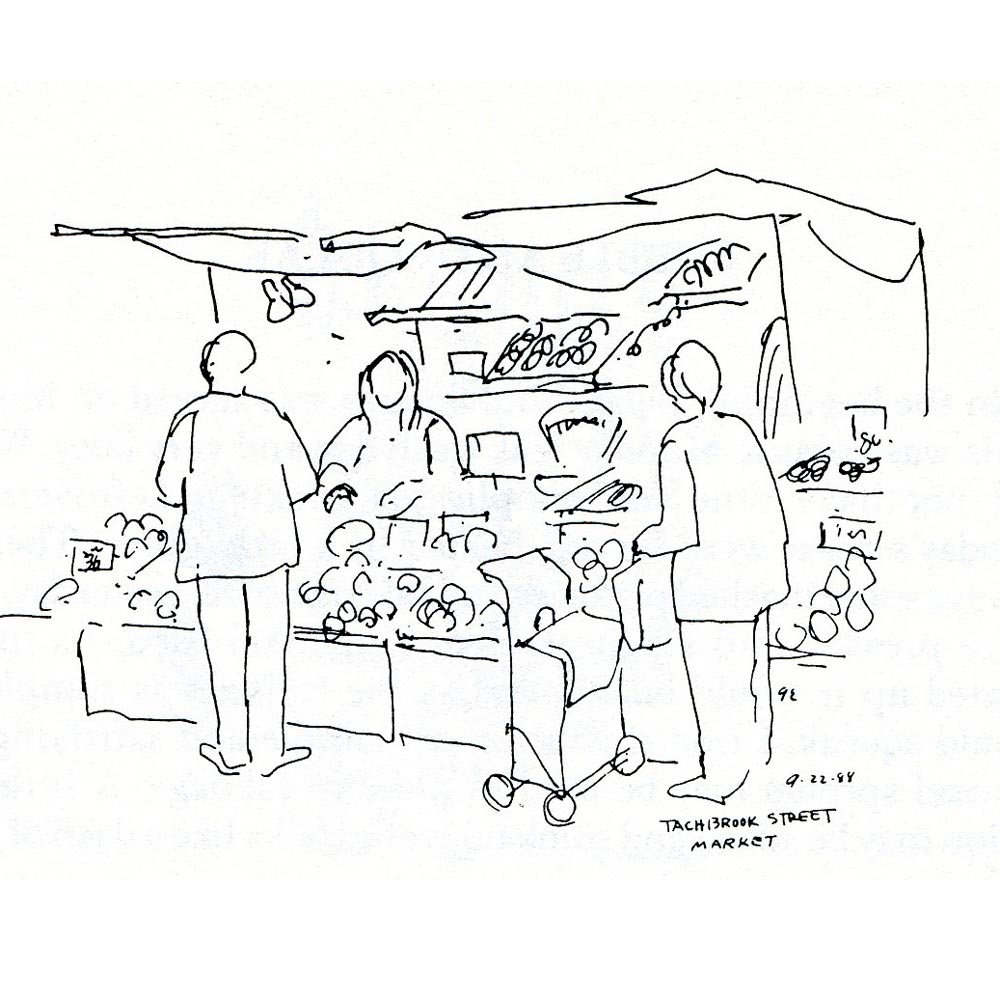
1 medium sized cauliflower
1 cup milk
1 T. butter Plus about 1 T. butter for the baking dish
1 T. flour
salt and pepper to taste
3/4 cup grated Cheddar cheese
Wash the cauliflower and break into small flowerlets. Discard any heavy stems.
Butter a baking dish and place the cauliflower in it. Make a simple white sauce by melting the butter in a sauce pan. Blend in the flour and cook for a minute. Gradually add the milk, stirring until sauce is slightly thickened. Add 1/4 cup of the cheese, salt and pepper. Stir until cheese melts. Pour over the cauliflower. Make sure the top of the cauliflower is covered with the sauce.
Sprinkle the remaining cheese on the top. Bake at 350° for 15 minutes.
This will serve 4.

 Cornish game hens are a cross-breed between Cornish game fowl and Plymouth Rock chickens. You will not need a hunting party for they are grown commercially and are available in most supermarkets.
Cornish game hens are a cross-breed between Cornish game fowl and Plymouth Rock chickens. You will not need a hunting party for they are grown commercially and are available in most supermarkets.


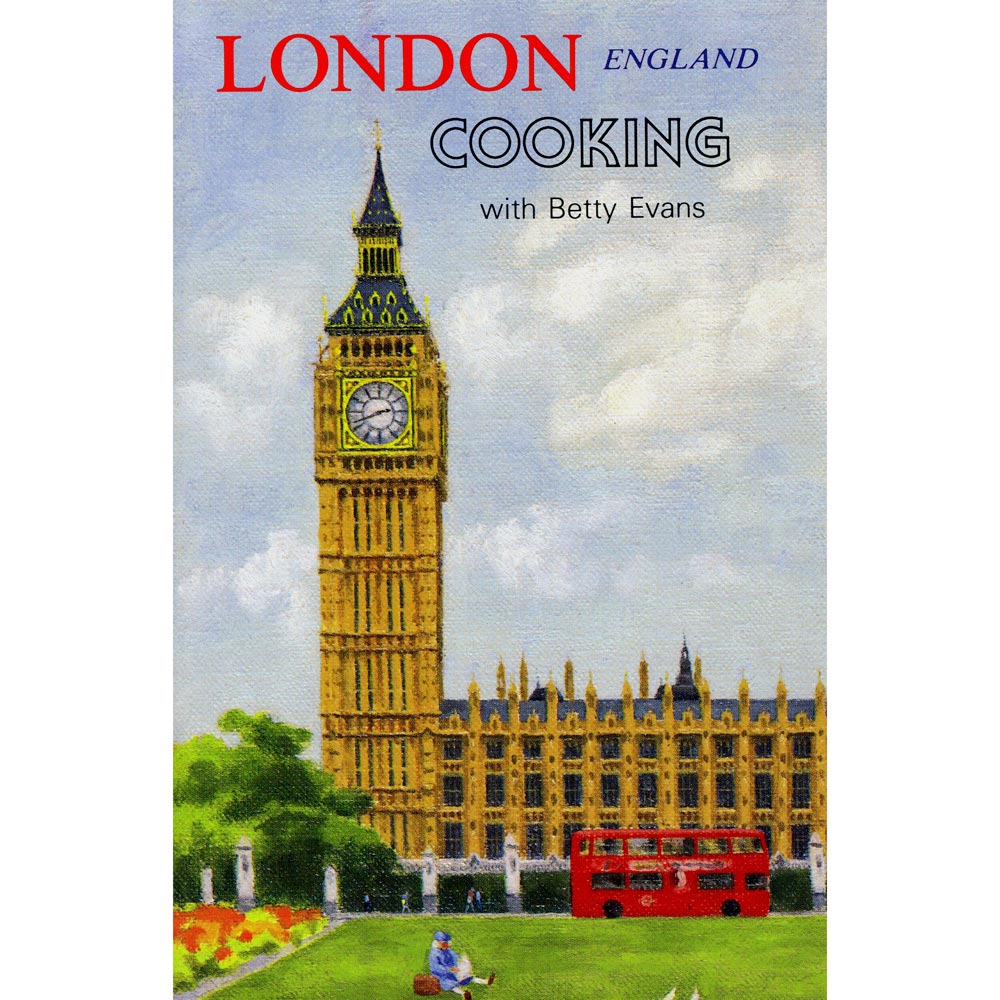
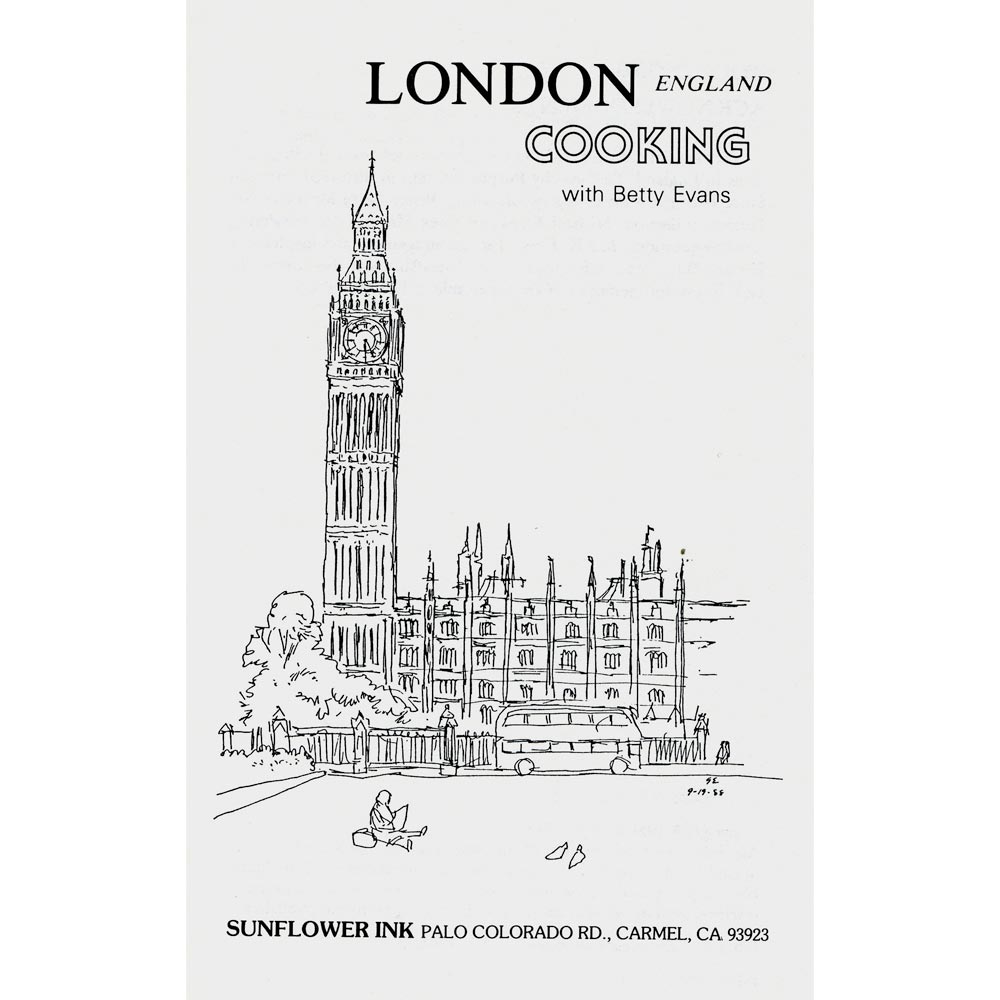
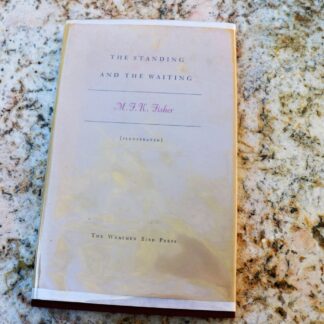
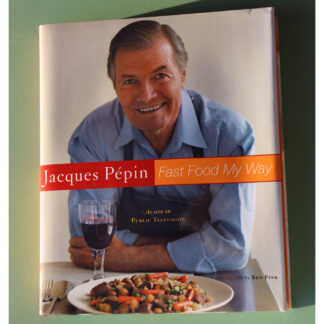
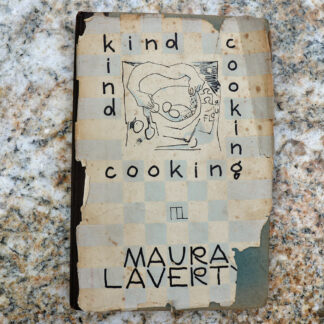
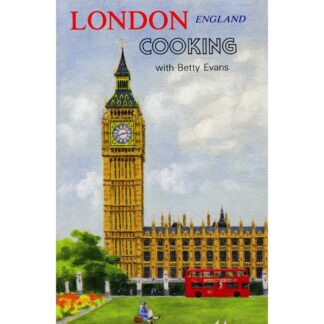
Reviews
There are no reviews yet.